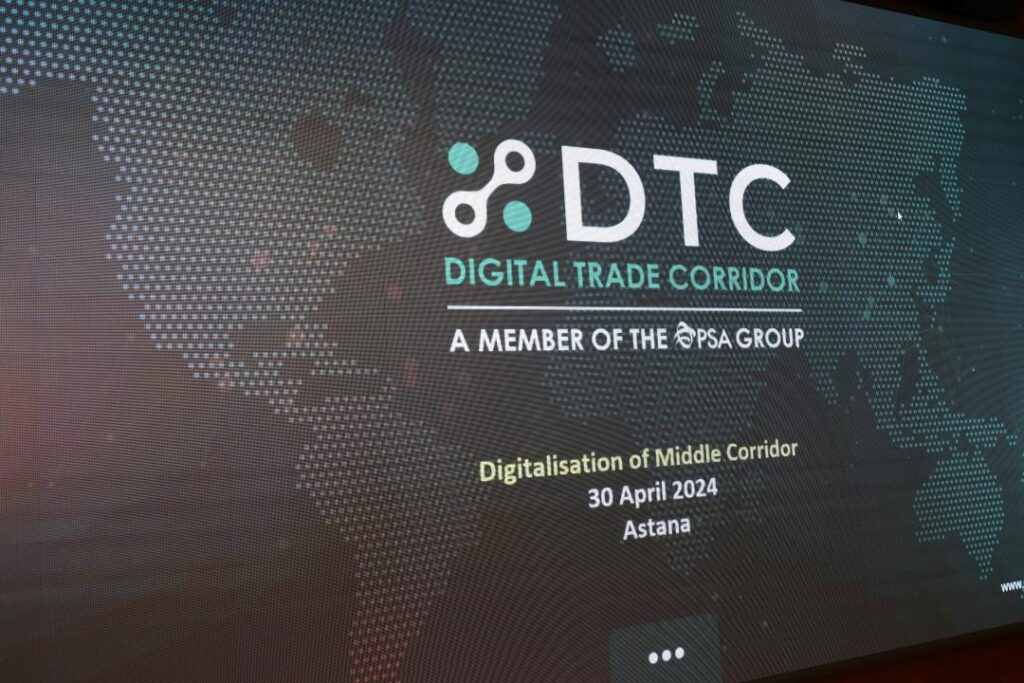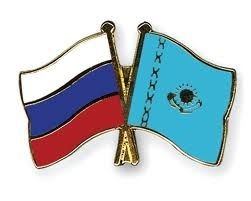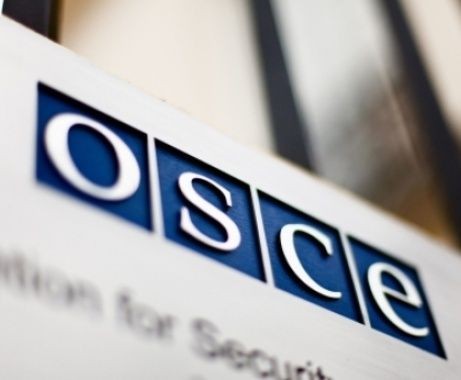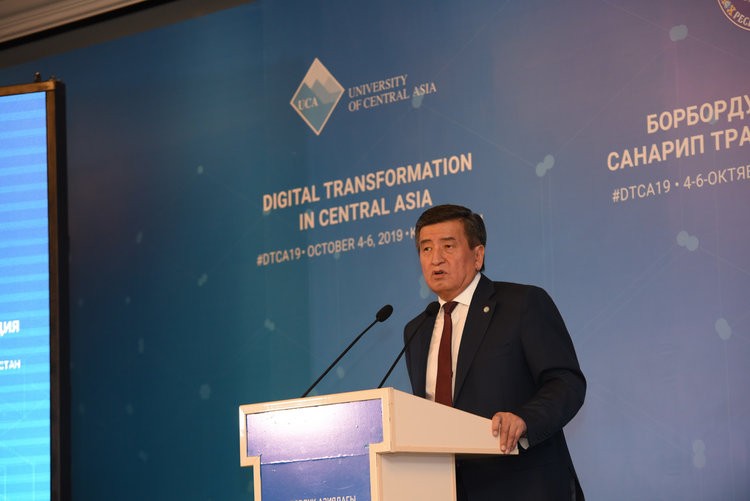BISHKEK (TCA) — The President of Kyrgyzstan Sooronbai Jeenbekov inaugurated the Conference on Digital Transformation in Central Asia (DTCA) on October 4 in Bishkek. This three-day international Conference is jointly hosted by the University of Central Asia (UCA), State Committee for Information Technology and Communications, and the High Technology Park of the Kyrgyz Republic, and includes a day-long session at UCA’s campus in Naryn. The DTCA conference, taking place in the year designated by the Government of Kyrgyzstan as the Year of Regional Development and Digitalisation, brought together over 20 international speakers from 12 countries, and over 100 leading technology leaders from Central Asia, to discuss current and future technology trends in Central Asia. Technology professionals, government officials, educators, and researchers will be discussing the latest approaches to solving intriguing challenges in the fields of data collection and analysis, digitising government services, management (public and private enterprise), cyber security, and the increasing role of Information and Communications Technology (ICT) in education and research. In his inaugural address, President Jeenbekov announced that “We have set the goal to make Kyrgyzstan the top country in the region in terms of digitization. Digital technologies are changing the nature of global economy by creating opportunities for every country to have wide-ranging involvement in the global process. In order to effectively use these opportunities, we need to create a new mindset that can implement these developments in public administration and business.” Chairman of the Board of Trustees of the University of Central Asia (UCA), and the Aga Khan Development Network’s (AKDN) Diplomatic Representative to the Kyrgyz Republic, Dr Shamsh Kassim-Lakha, confirmed the full support of UCA and AKDN to continue to work with the Government to advance the important policy recommendations on digitisation articulated by President Jeenbekov. He highlighted the importance of ensuring that “learning and technological advancements are not driving development in a haphazard manner, but that they are grounded in the ethical, cultural, and normative frameworks of society.” Besides providing an unprecedented opportunity for networking with the best minds in the business, the presence of representatives from companies such as Microsoft, Cisco, Oracle, and SAP, as well as Telecommunications, Mining, and Energy fields in Central Asia, provides a window into the depth of expected dialogue and discussion. It is the hope of the organisers that this conference marks the beginning of new partnerships and initiatives that sustain and grow digital transformation into the future. In his concluding remarks, President Jeenbekov expressed his appreciation to the organizers of the Conference: the University of Central Asia, the State Committee for Information Technology and Communications, and the High Technology Park. “I strongly believe that this Conference will become an important platform for new and creative ideas on digital transformation, and that its success will depend on the joint efforts of all stakeholders.”








